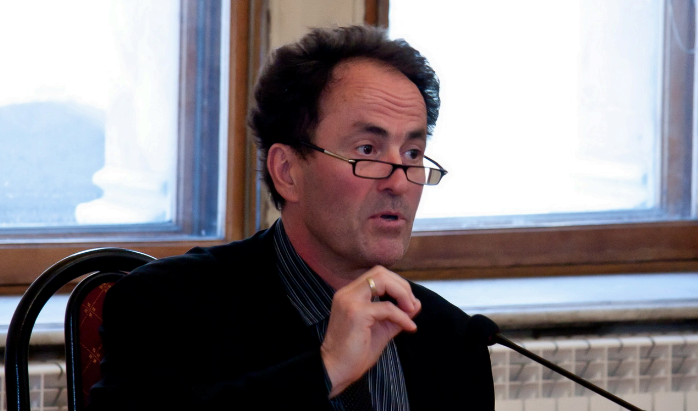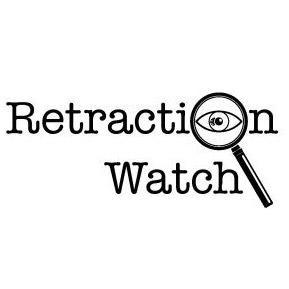 If you think you’ve noticed more and more retractions at PLoS ONE recently, you’re not wrong.
If you think you’ve noticed more and more retractions at PLoS ONE recently, you’re not wrong.
The journal retracted 53 papers last year. That’s not a record — that belongs to a journal that retracted more than 400 papers at once — nor is it that many more than the Journal of Biological Chemistry, which retracted 39 last year. And it’s only about 3% of the year’s retractions. But it’s a dramatic increase, as this graphic shows: Continue reading How one journal became a “major retraction engine”

 Before we present this week’s Weekend Reads, a question: Do you enjoy our weekly roundup? If so, we could really use your help. Would you consider a
Before we present this week’s Weekend Reads, a question: Do you enjoy our weekly roundup? If so, we could really use your help. Would you consider a  Sam W. Lee, a Harvard researcher — or perhaps former Harvard researcher — who has
Sam W. Lee, a Harvard researcher — or perhaps former Harvard researcher — who has 
 Dear Retraction Watch readers:
Dear Retraction Watch readers:
